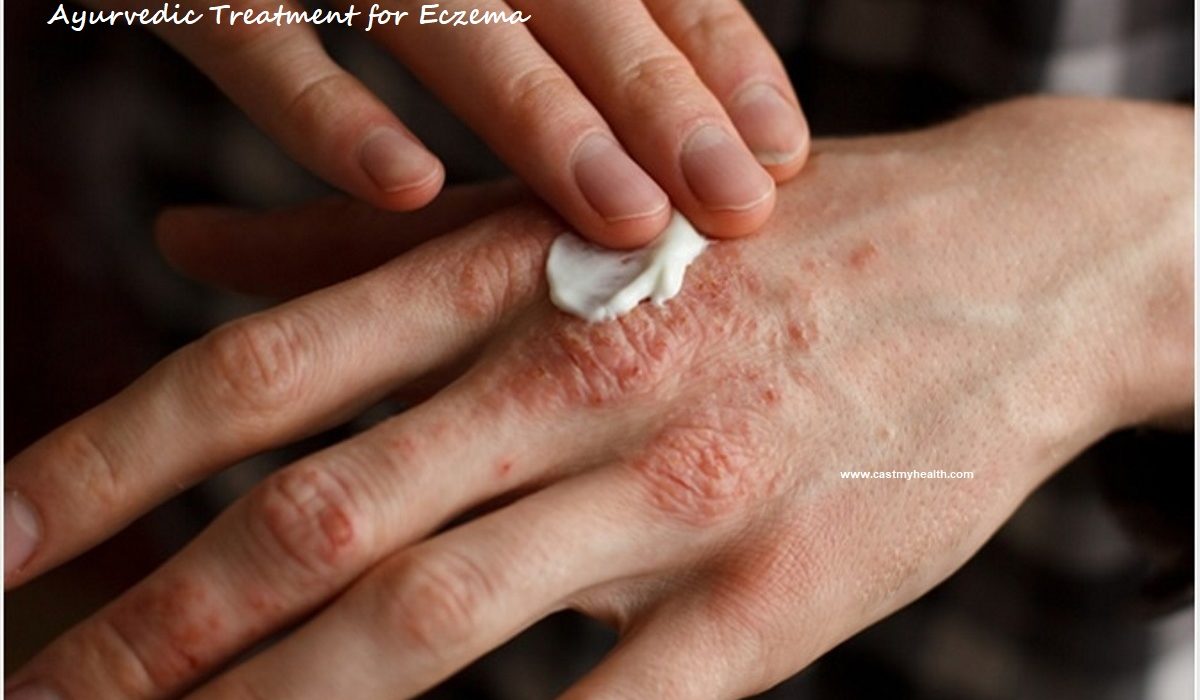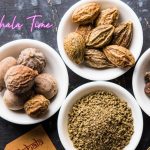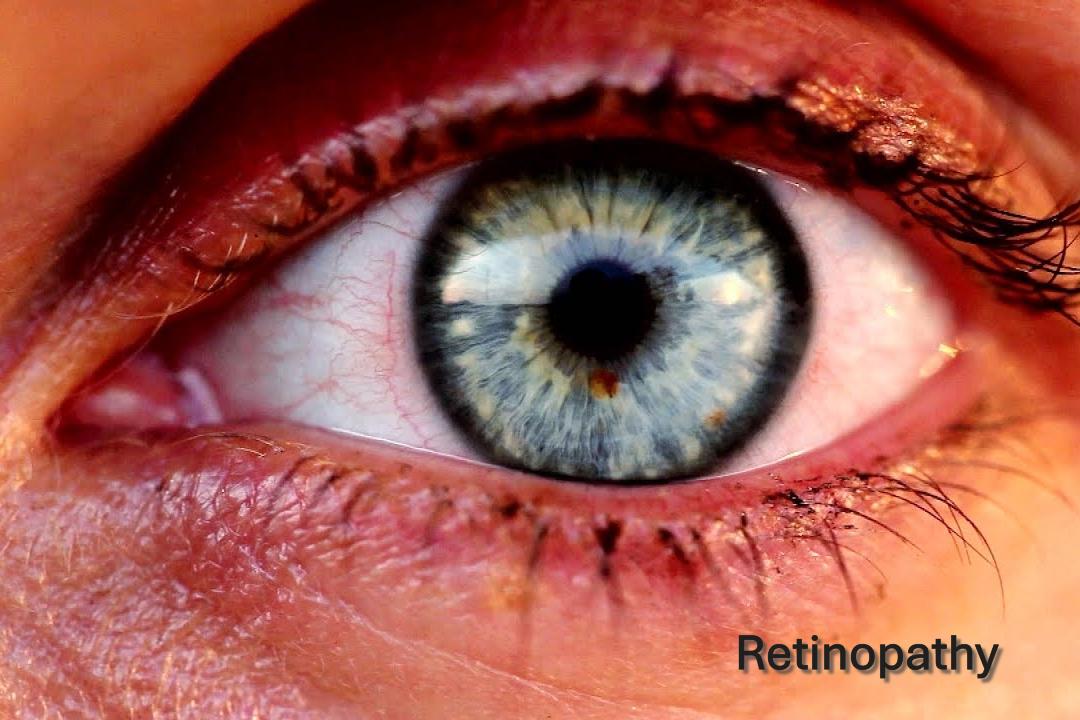Ayurvedic Treatment for Eczema – Eczema, also known as atopic dermatitis, is a chronic skin condition characterized by inflammation, redness, itching, and dry skin. While conventional treatments often focus on managing symptoms through topical creams and medications, Ayurveda offers a holistic approach that targets the root causes of eczema. This ancient system of medicine emphasizes balancing the body’s doshas, detoxification, and strengthening immunity to promote lasting skin health.
Understanding Eczema in Ayurveda
In Ayurveda, eczema is referred to as Vicharchika, a condition caused by an imbalance in the body’s three doshas: Vata, Pitta, and Kapha. Each dosha plays a critical role in maintaining health, and an imbalance can manifest as various ailments, including skin disorders.
- Vata Imbalance: A Vata imbalance leads to dryness and roughness in the body, disrupting skin health. It reduces natural moisture and elasticity, causing dry, flaky, and cracked skin—a hallmark of eczema. Aggravated Vata also intensifies itching and discomfort, making the skin more susceptible to irritation and inflammation over time.
- Pitta Imbalance: A Pitta imbalance increases heat and inflammation in the body, manifesting as red, inflamed, and irritated skin in eczema. This excess heat aggravates sensitivity, causing burning sensations and frequent flare-ups. Pitta’s fiery nature also disrupts the skin’s natural healing process, worsening the condition over time.
- Kapha Imbalance: A Kapha imbalance causes excess moisture and stagnation in the body, leading to thickened, greasy, and oozing skin—common in eczema. The buildup of toxins (Ama) further clogs skin pores, intensifying itching and swelling. Kapha’s heavy, damp qualities slow healing, prolonging the condition and increasing susceptibility to infections.
Ayurvedic treatments aim to restore dosha balance, detoxify the body, and strengthen the skin’s natural defense mechanisms.
Ayurvedic Herbal Remedies for Eczema
Herbs play a vital role in Ayurvedic treatments for eczema, offering anti-inflammatory, detoxifying, and soothing properties.
1. Khadirarishta (Acacia Catechu): An Ayurvedic herbal formulation made from Acacia catechu, is renowned for its blood-purifying and anti-inflammatory properties, making it highly effective in managing eczema. By detoxifying the blood and reducing toxins (Ama) in the body, it helps alleviate skin inflammation, redness, and itching associated with eczema. Additionally, Khadirarishta supports liver function, aiding in the elimination of impurities that aggravate skin conditions.
Usage Instructions: Take 15-30 ml of Khadirarishta, diluted with an equal amount of water, after meals twice daily or as directed by an Ayurvedic practitioner. Regular use helps improve skin health and reduces eczema flare-ups.
2. Neem (Azadirachta indica): is a powerful Ayurvedic remedy for eczema, known for its antibacterial, antifungal, and anti-inflammatory properties. It helps cleanse the skin, reduce redness, and soothe itching by addressing infections and inflammation. Neem’s detoxifying nature purifies the blood, tackling eczema from within. Its moisturizing properties prevent dryness and promote skin healing.
Usage Instructions:
-
- Topical: Apply neem oil directly to the affected areas twice daily for relief from itching and irritation.
- Internal: Drink neem leaf decoction or take neem capsules, as advised by an Ayurvedic practitioner, to purify blood and support skin health.
3. Kumari (Aloe Vera): is an effective Ayurvedic remedy for eczema due to its cooling, moisturizing, and anti-inflammatory properties. It soothes irritated skin, reduces redness and itching, and hydrates dry, flaky patches. Aloe vera’s rich polysaccharides promote skin regeneration and repair, while its antimicrobial properties protect against secondary infections.
Usage Instructions:
- Topical Application: Extract fresh aloe vera gel and apply directly to the affected areas 2-3 times daily to reduce itching and inflammation.
- Internal Use: Consume 1-2 teaspoons of aloe vera juice daily on an empty stomach to detoxify the body and support overall skin health.
4. Manjishtha (Rubia cordifolia): This is a potent Ayurvedic herb for treating eczema, known for its blood-purifying and anti-inflammatory properties. It removes toxins (Ama) from the bloodstream, reducing skin inflammation, redness, and itching. Manjishtha also promotes tissue repair and improves skin complexion, making it beneficial for chronic eczema cases.
Usage Instructions:
-
- Internal Use: Take 1-2 teaspoons of Manjishtha powder mixed with warm water or honey once daily, or use capsules as directed by an Ayurvedic practitioner.
- Topical Application: Mix Manjishtha powder with aloe vera gel or rose water to make a paste and apply to the affected areas for soothing relief.
5. Turmeric (Curcuma longa): Turmeric is a powerful Ayurvedic remedy for eczema due to its anti-inflammatory, antioxidant, and antibacterial properties. Its active compound, curcumin, reduces skin inflammation, redness, and itching while promoting faster healing. Turmeric also fights infections and enhances skin’s natural barrier, preventing eczema flare-ups and secondary infections.
Usage Instructions:
-
- Internal Use: Mix 1/2 teaspoon of turmeric powder in warm milk or water and consume daily to reduce inflammation and detoxify the body.
- Topical Application: Create a paste with turmeric powder and coconut oil or water and apply to the affected areas twice daily for soothing relief.
Ayurvedic Oils for Eczema
Oil therapy, or Abhyanga, is a key component of Ayurvedic eczema treatment. These oils nourish the skin and reduce itching and inflammation.
1. Coconut Oil: This is a natural remedy for eczema due to its moisturizing, anti-inflammatory, and antimicrobial properties. It soothes dry, irritated skin, reduces itching, and prevents cracks caused by eczema. Its fatty acids, especially lauric acid, nourish the skin and strengthen its natural barrier. Additionally, coconut oil helps prevent infections in eczema-affected areas by inhibiting the growth of harmful microbes.
Usage Instructions:
-
- Topical Application: Apply a thin layer of virgin coconut oil to the affected areas 2-3 times daily, especially after bathing, to lock in moisture and provide relief.
- Internal Use: Consume 1 teaspoon of virgin coconut oil daily to support skin health from within.
2. Kumkumadi Tailam: A herbal oil blend in Ayurveda, is beneficial for eczema due to its anti-inflammatory, antioxidant, and skin-nourishing properties. Enriched with ingredients like saffron, sandalwood, and turmeric, it soothes irritation, reduces redness, and promotes healing. It hydrates dry, flaky skin while improving texture and complexion. Kumkumadi Tailam also enhances skin regeneration, supporting long-term repair in eczema-prone areas.
Usage Instructions:
-
- Topical Application: Cleanse the affected area and gently massage a few drops of Kumkumadi Tailam onto the skin. Leave it on overnight or for 2-3 hours before washing off. Use daily for best results.
3. Mahamarichyadi Taila: is a potent Ayurvedic oil used for treating eczema, known for its anti-inflammatory, antimicrobial, and pain-relieving properties. This medicated oil helps reduce inflammation, soothe itching, and prevent infections in eczema-affected areas. It promotes blood circulation, enhances skin healing, and reduces the occurrence of flare-ups. Mahamarichyadi Taila is especially effective for conditions where eczema leads to swelling and oozing.
Usage Instructions:
-
- Topical Application: Apply a small amount of Mahamarichyadi Taila to the affected areas and gently massage for a few minutes.
- Frequency: Use 2-3 times a day or as directed by an Ayurvedic practitioner for optimal relief.
Dietary Recommendations for Eczema in Ayurveda
A balanced diet is crucial in managing eczema. Ayurveda emphasizes a diet that calms the aggravated doshas and supports digestion.
Foods to Include:
- Cooling Foods: Coconut water, cucumber, and watermelon help pacify Pitta dosha.
- Fiber-Rich Foods: Whole grains, green leafy vegetables, and fruits aid digestion and detoxification.
- Healthy Fats: Ghee and flaxseeds help nourish the skin from within.
- Herbal Teas: Chamomile and licorice teas help reduce inflammation and itching.
Foods to Avoid:
- Spicy and Sour Foods: These can aggravate Pitta and lead to skin irritation.
- Dairy Products: May trigger flare-ups in some individuals.
- Processed and Junk Foods: These can increase toxins (Ama) in the body.
Ayurvedic Detoxification for Eczema
Detoxification, or Panchakarma, is an essential aspect of Ayurvedic treatment for eczema. It helps eliminate toxins from the body, restoring balance and promoting healthy skin.
Key Detoxification Therapies:
- Virechana (Purgation Therapy) is an Ayurvedic detoxification process that helps treat eczema by eliminating toxins (Ama) from the body, especially from the liver and digestive system. This therapy reduces Pitta dosha, which is often linked to inflammation and skin irritation, helping to alleviate eczema symptoms and restore skin balance.
- Vamana (Therapeutic Vomiting) helps treat eczema by eliminating accumulated toxins (Ama) and excess Kapha dosha from the body. By clearing the respiratory and digestive channels, Vamana reduces inflammation, balances skin conditions, and promotes detoxification. This therapy aids in preventing eczema flare-ups and supports overall skin health.
- Rakthamokshana (Bloodletting) helps treat eczema by purifying the blood and eliminating toxins (Ama) that contribute to inflammation and skin conditions. This therapy reduces excessive heat and Pitta dosha, alleviating symptoms like redness, itching, and irritation. Bloodletting promotes skin healing and balances the body’s internal environment, improving eczema.
Lifestyle and Yoga for Eczema Management
Ayurveda emphasizes lifestyle modifications and stress management to prevent eczema flare-ups.
Daily Routine (Dinacharya):
- Hydration: Drink plenty of water to keep the skin hydrated.
- Sleep: Ensure 7-8 hours of restful sleep to support skin repair.
- Exercise: Gentle yoga and walking improve circulation and reduce stress.
Yoga Poses for Eczema:
- Shavasana (Corpse Pose): Helps reduce stress and promotes relaxation.
- Bhujangasana (Cobra Pose): Improves blood flow and detoxification.
- Pranayama (Breathing Exercises): Practices like Anulom Vilom and Bhramari help calm the mind and balance doshas.
Stress Management and Eczema
Stress is a known trigger for eczema. Ayurveda recommends meditation and mindfulness practices to reduce stress and promote mental well-being.
- Meditation: Practice mindfulness meditation daily for 10-15 minutes.
- Herbal Adaptogens: Ashwagandha and Brahmi help reduce stress and support skin health.
Conclusion
Ayurvedic treatment for eczema offers a holistic and natural approach to managing this chronic skin condition. By focusing on balancing doshas, detoxifying the body, and adopting a skin-friendly lifestyle, Ayurveda provides long-lasting relief and improved skin health. Incorporating herbal remedies, dietary changes, and stress management techniques can significantly reduce eczema symptoms and enhance overall well-being.
If you’re considering Ayurvedic treatment for eczema, consult an experienced Ayurvedic practitioner to create a personalized plan tailored to your unique constitution and health needs.
Follow us on our WhatsApp or Telegram Channel
Click Here to talk to our experts.






